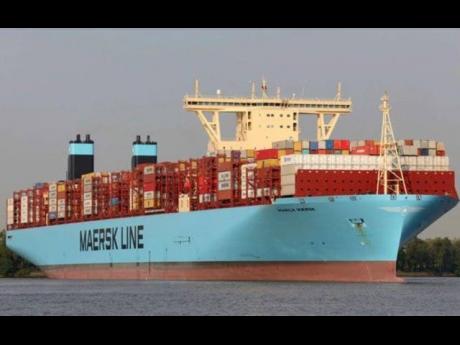Ships’ met reports contribute to safety of life and navigation – WMO
The World Meteorological Organization (WMO) says that ships’ meteorological reports can make a significant contribution to safety of life and navigation.
Through its international scheme, called the WMO Voluntary Observing Ships (VOS) scheme, ships plying the various oceans and seas of the world are recruited by National Meteorological Services (NMS) to record and transmit meteorological observations. The VOS programme sets out to advance weather forecasting based on its research on global weather patterns and climate change by using data recorded during voyages by vessels across the world.
A typical VOS records and transmits observations manually, with a vessel crew member reading data from instruments on board the ship or in some cases, through automated weather stations. The data are then sent to the various NMS for use in weather-prediction models and to monitor actual conditions at sea.
WMO says, “In addition to their use in numerical weather prediction, reports from ships at sea are also used operationally, even more directly, in the preparation of forecasts and warnings, including those for the Global Maritime Distress and Safety System, and issued specifically for the mariner.”
“Providing ground truth for satellite observations, important information which satellites cannot observe, essential contributions to the data input for the NWP models, and real-time reports, which can be used immediately in services for mariners, are some of the key features of the observation scheme” – WMO.
Maersk, a Danish integrated shipping company, is a recent member to the scheme, committing its entire fleet of vessels to participate in the Global Voluntary Observing Ship VOS programme. Aslak Ross, Maersk’s head of marine standards, told Maritime Information Services Ltd that “climate change is one of the biggest challenges facing the global community, impacting the maritime industry as well as the societies and customers served and partnered with in enabling trade.”
VITAL ROLE
“As a global container logistics company, our vessels form a vital role in keeping supply chains moving safely and timely … helping weather forecasting and climate science advance makes great sense to us since both of these areas affect our operations in various ways,” he added.
While stating the benefits of the data collected by ships, the WMO recommends that more ship operators be made aware of the WMO VOS scheme and encourages their participation by contacting the NMS or a local port meteorological officer to nominate ships for recruitment into the scheme.

